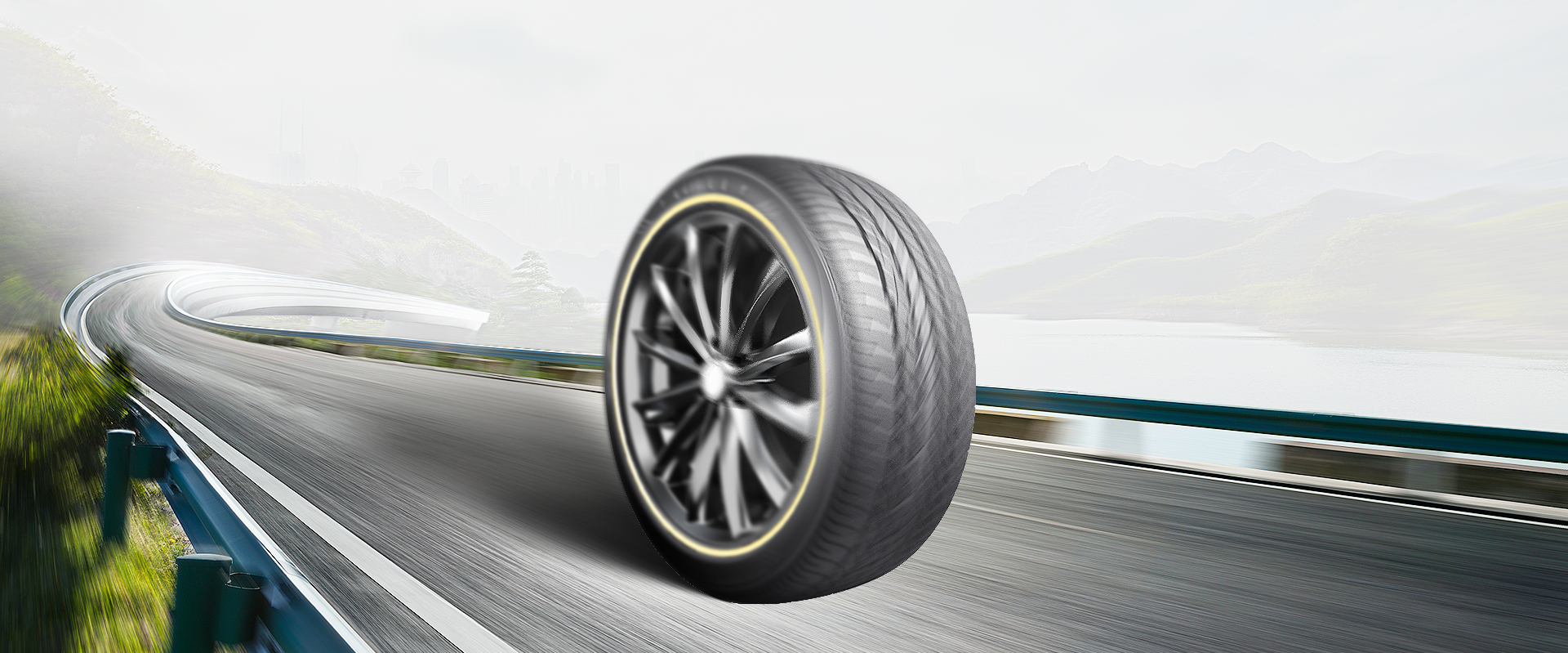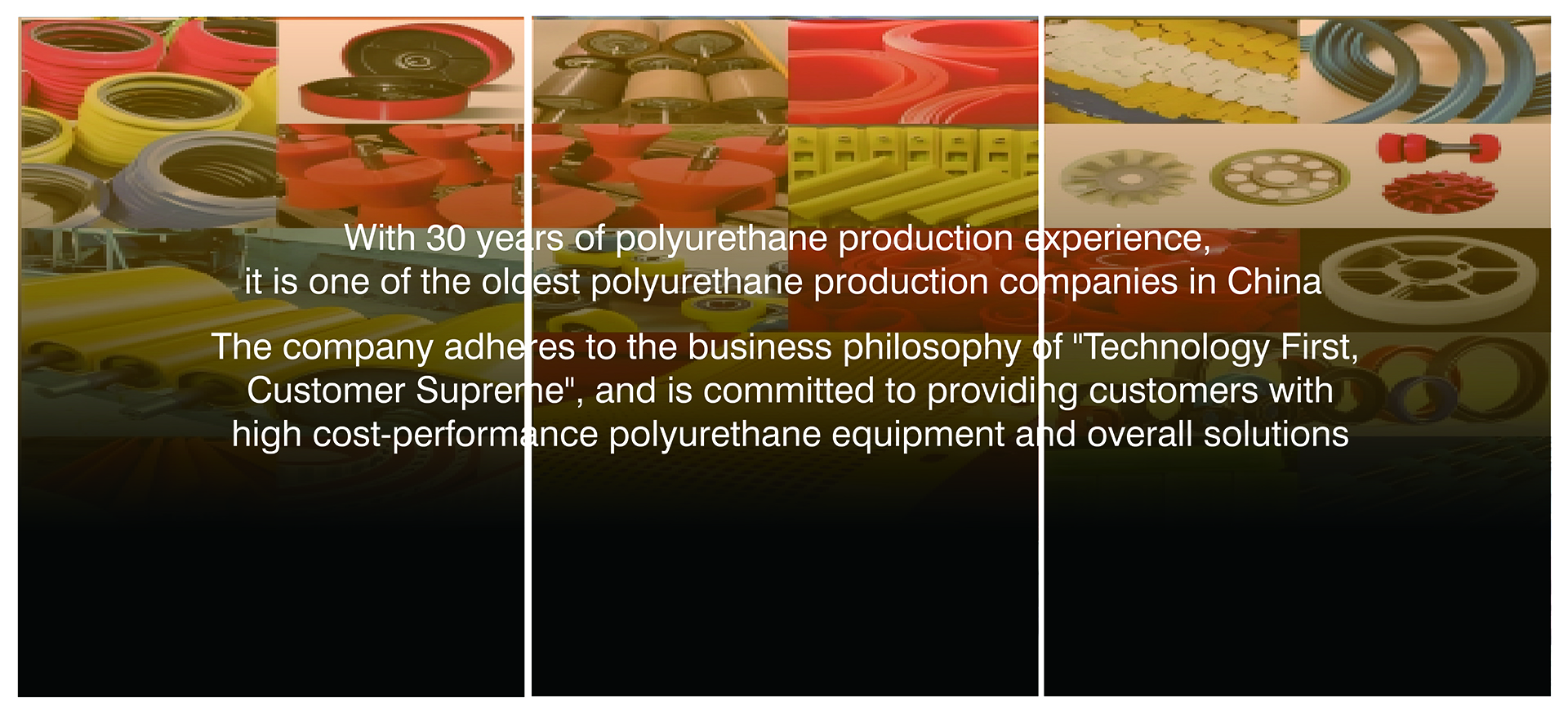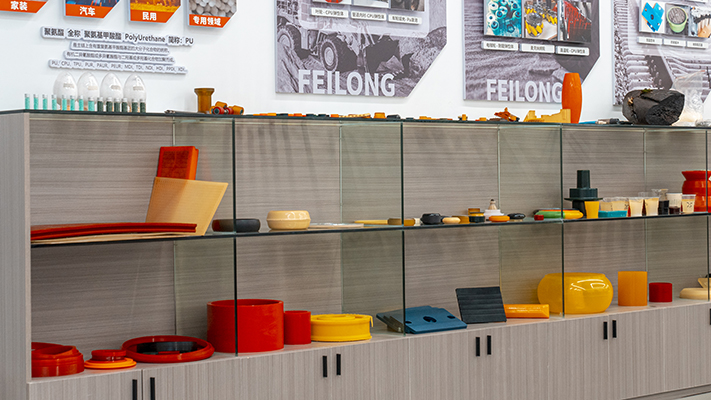
In the process of globalization in the automotive manufacturing industry, the steering wheel, as a key interface for drivers to interact with vehicles, directly affects brand reputation and market competitiveness. As the core equipment determining the steering wheel's tactile feel, safety, and production efficiency, Feilong polyurethane machinery, with its cutting-edge technology, helps overseas manufacturers resolve production dilemmas and has become the preferred choice for improving efficiency and reducing costs.
I. Common Pain Points of Manufacturers: From Quality Defects to Cost Out of Control
The global automotive market has increasingly strict requirements for steering wheels, but the complexity of the PU (polyurethane) casting process has left overseas manufacturers facing multiple challenges:
- Bubble Problem: Uneven mixing of raw materials or measurement deviations can easily cause air holes on the steering wheel surface, overly thin crust layers, and a high defective rate. For example, a European auto parts manufacturer scraps over 3,000 products monthly due to this issue, resulting in direct losses of 120,000 euros.
- Efficiency Bottleneck: Traditional equipment requires frequent manual parameter adjustments, with a single-shift capacity of only 800-1,000 units, making it difficult to meet the explosive growth in orders for new energy vehicles.
- High Energy Consumption and Maintenance Costs: Older equipment has energy-intensive heating systems, and mixing heads are prone to wear. Annual maintenance costs account for 15%-20% of the equipment's original value.
- These pain points stem from the inability of equipment to precisely control the measurement, mixing, and reaction processes of PU raw materials. The emergence of Feilong polyurethane machinery aims to systematically address these industry-wide issues.
II. Technological Breakthroughs of Feilong Polyurethane Machinery: Reconstructing Production Logic with Precision and Intelligence
- Micron-level Measurement System: Equipped with high-precision low-speed gear pumps and imported German flow sensors, it achieves a measurement error of ≤5‰ for raw materials of components A and B. In an application at a Turkish automaker, the defective rate caused by imbalanced raw material ratios dropped from 8% to 0.3%, saving over 400,000 US dollars in raw material costs annually.
- Supersonic Mixing Head: Featuring a patented high-shear mixing head with a rotation speed of 3,000 rpm, it completes raw material emulsification and mixing within 0.8 seconds, ensuring uniform cross-linking of PU molecular chains. The density deviation of the steering wheel surface layer is controlled within ±3%, and the product's surface finish is 40% higher than the industry average, meeting the Class A surface standards of luxury car brands.
- Intelligent Temperature Control Network: Equipped with an independent PID temperature control module, the material tank's temperature control accuracy reaches ±1℃, enabling adaptation to differences in voltage and ambient temperature across regions. It operates stably in the high-temperature and high-humidity environments of Southeast Asia and the frigid regions of Northern Europe. In Northern Europe, preheating time is 60% shorter than that of traditional equipment, and single-shift capacity has increased to over 1,500 units.
- Lifecycle Cost Optimization Design
- Energy Consumption: Adopting infrared heating technology, it saves 35% more electricity than resistance heating. A North American customer reduced annual electricity costs by 28,000 US dollars.
- Service Life of Vulnerable Parts: The mixing head uses a tungsten carbide coating, extending its service life to 80,000 injections—twice that of similar products. The maintenance cycle has been extended from once a month to once a quarter.
- One-click Model Change Function: Vehicle model parameters can be switched via the touchscreen, reducing changeover time from 45 minutes to 10 minutes, making it suitable for multi-variety, small-batch customized production.
Conclusion: Choosing Feilong Polyurethane Machinery Means Choosing Certainty
Against the backdrop of the automotive industry's shift toward intelligence and lightweight design, steering wheel quality has become a key factor in brand differentiation competition. Feilong polyurethane machinery, with its advantages of "millimeter-level precision and global service", provides overseas manufacturers with a transformation path from "passive loss prevention" to "active efficiency improvement". Currently, over 200 automakers in more than 30 countries have verified the value of this solution, achieving results such as a 50% reduction in defective rates, a 30% increase in production capacity, a 25% reduction in energy consumption, and an extension of equipment service life to 12 years.
For customized solutions, please contact Feilong Polyurethane Machinery's global technical team to jointly set new benchmarks in automotive steering wheel manufacturing.





